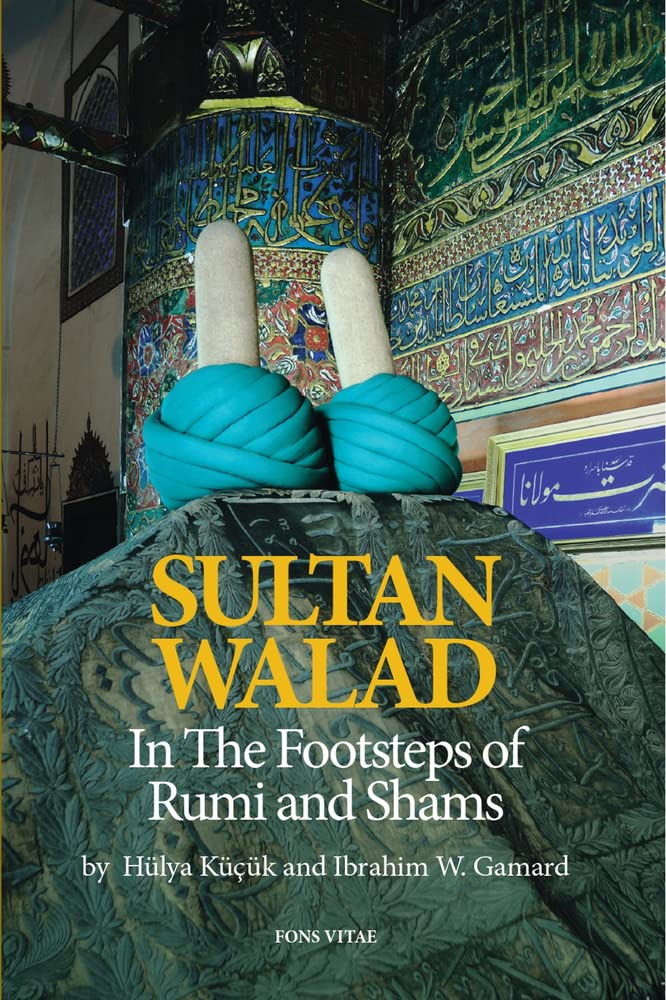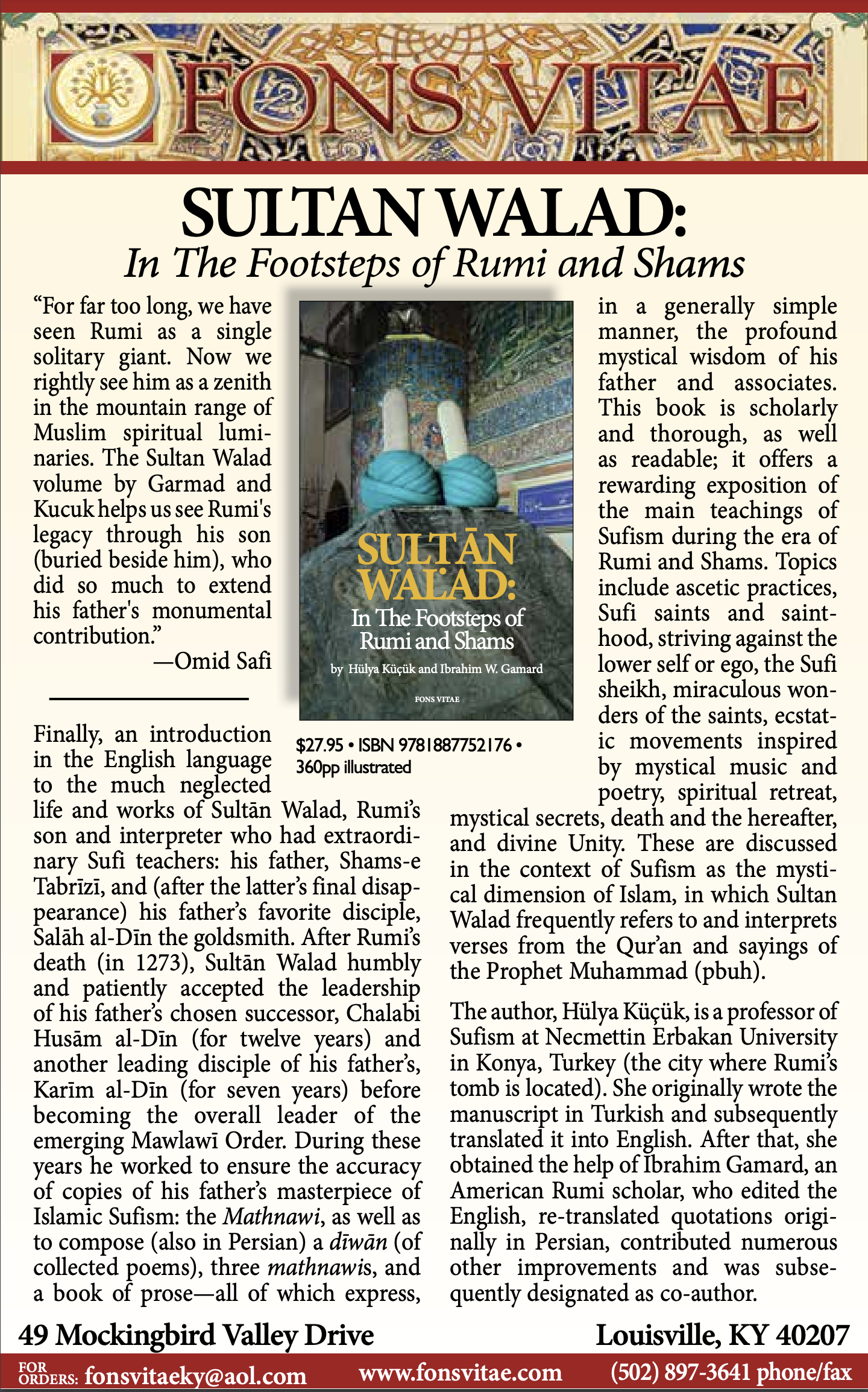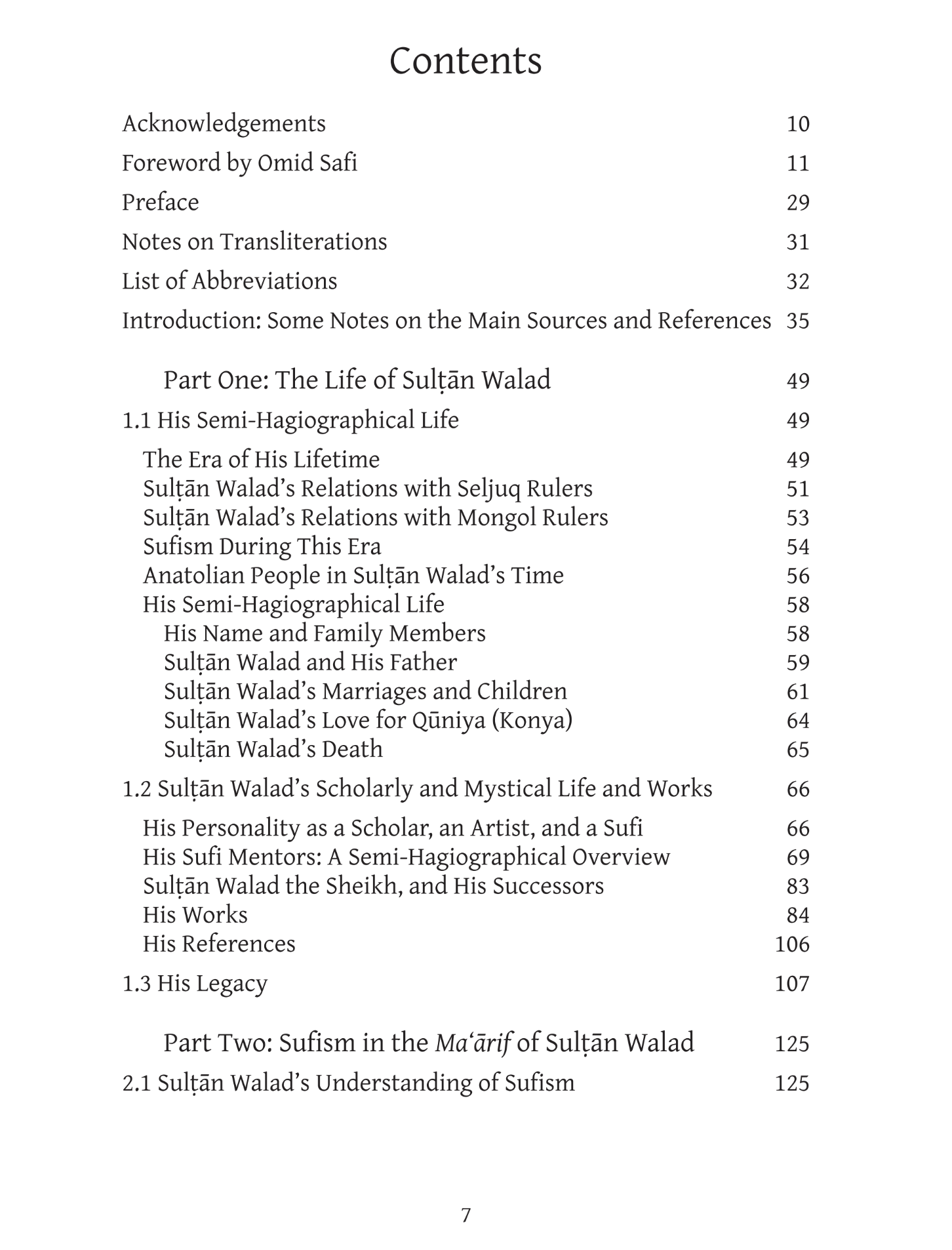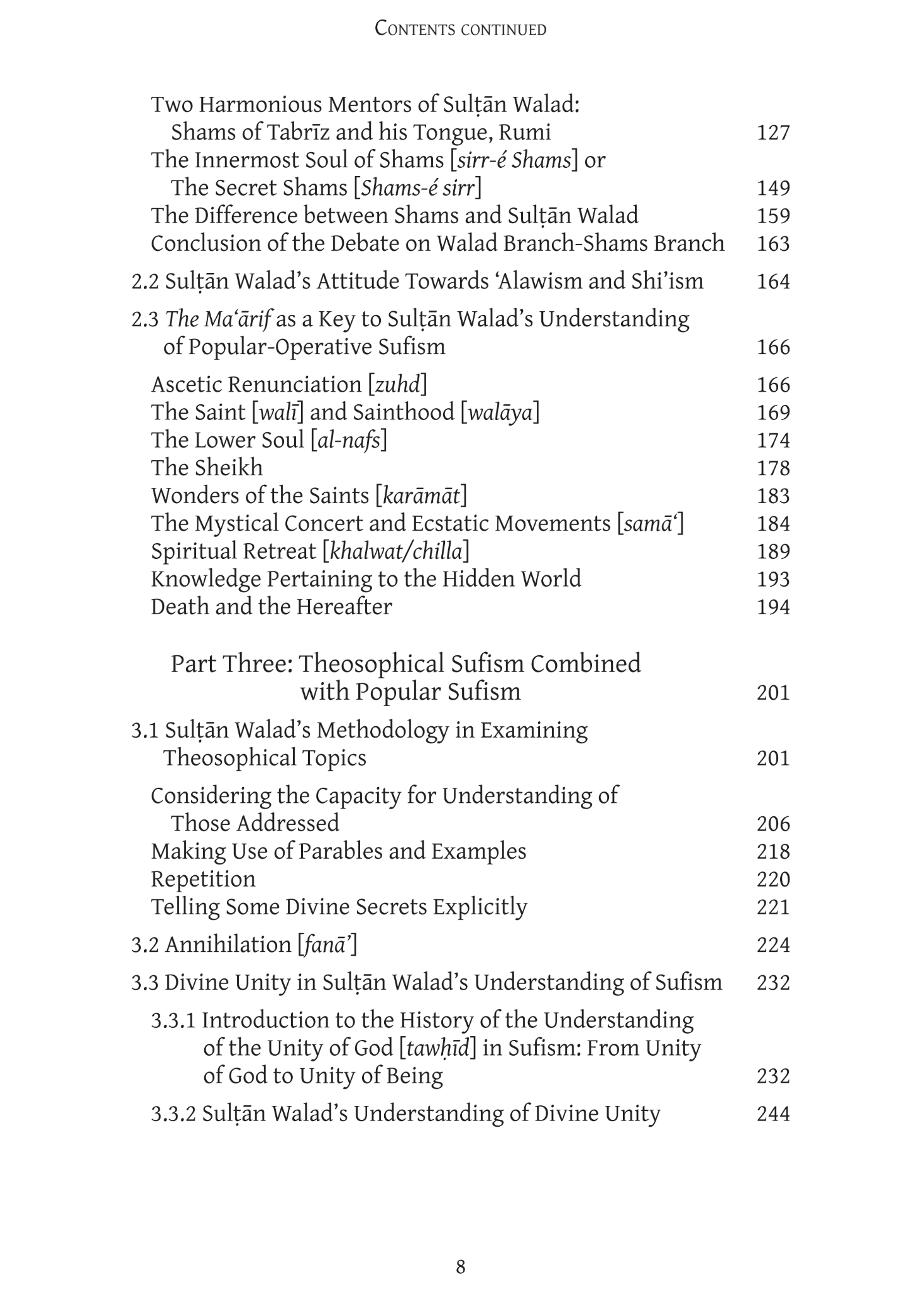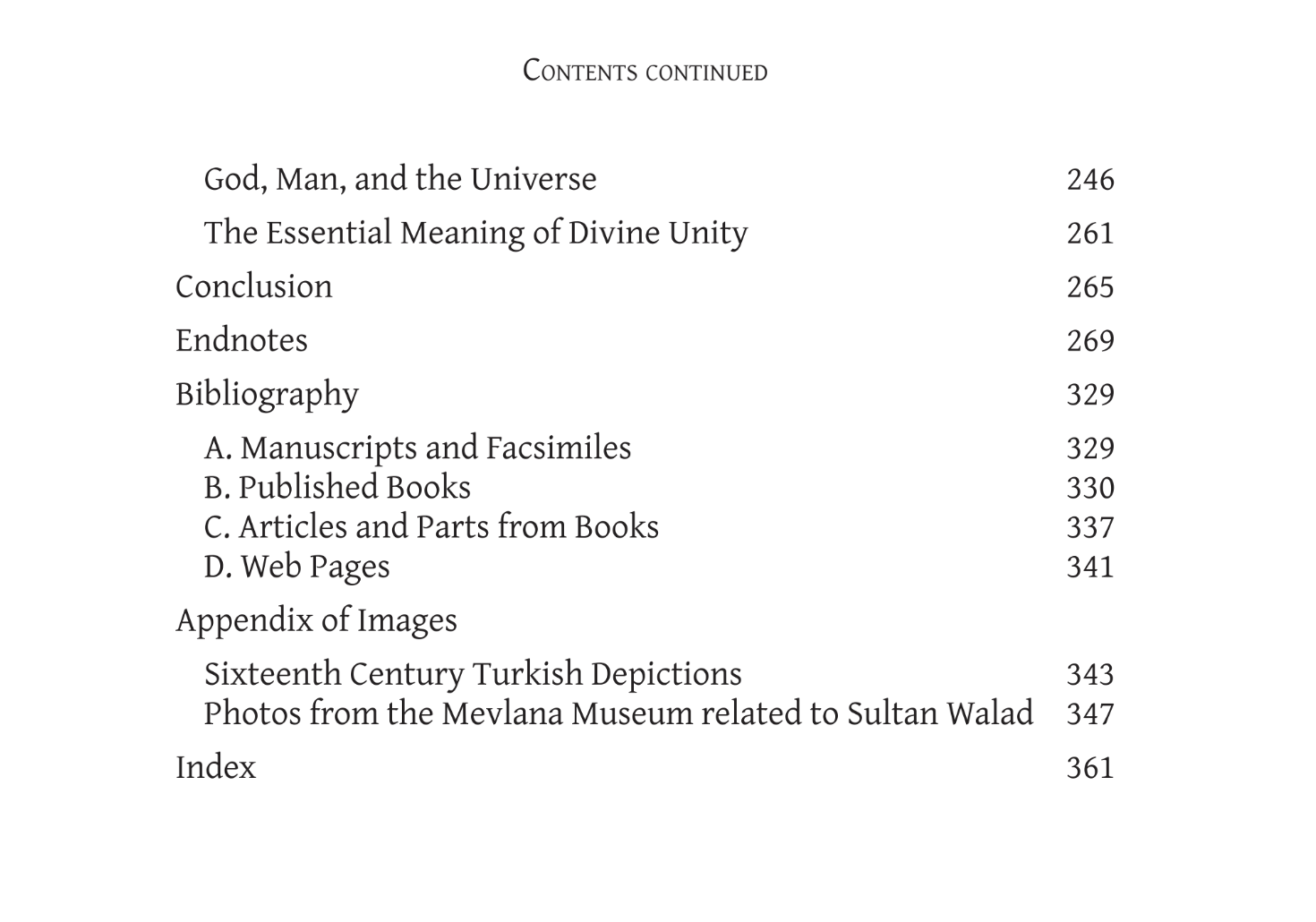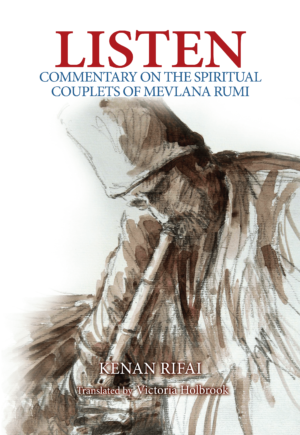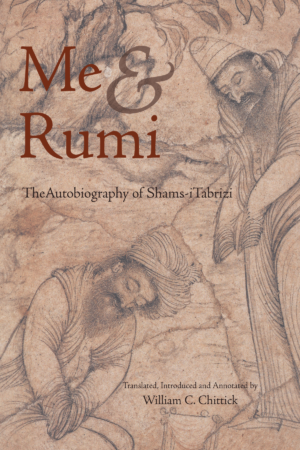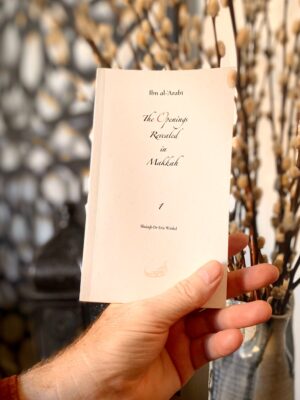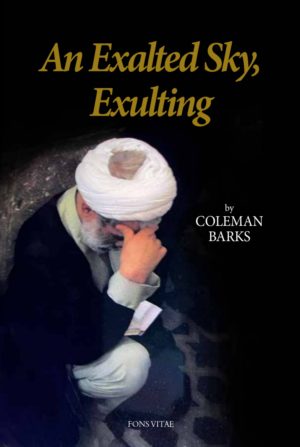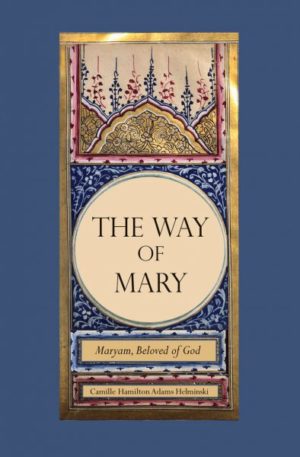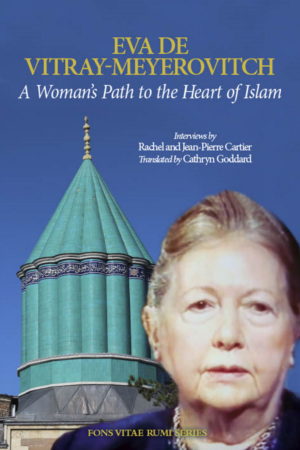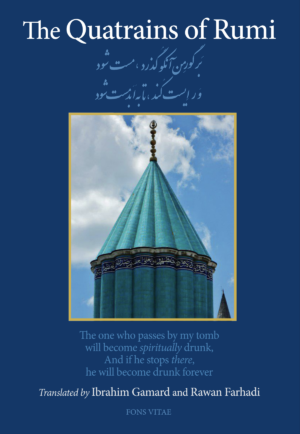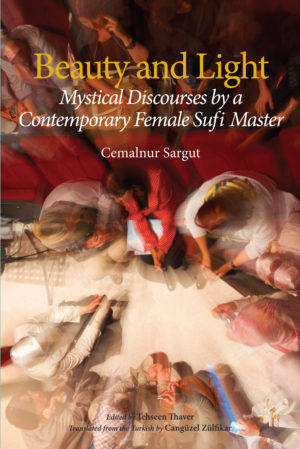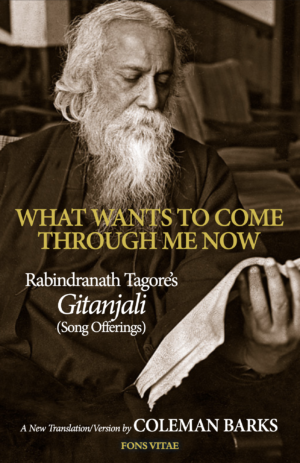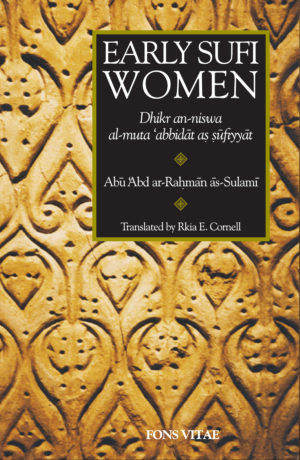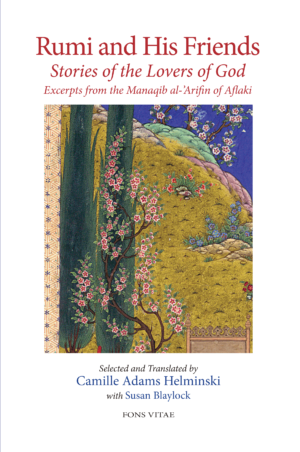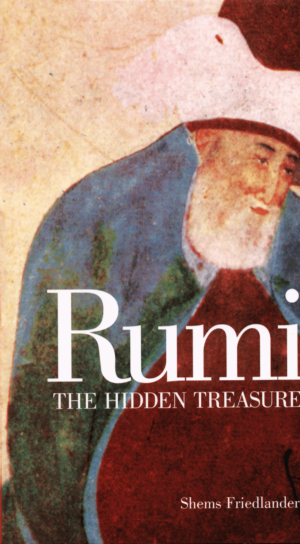Sultan Walad: In The Footsteps of Rumi and Shams (a biography of Rumi’s son)
$27.95
“For far too long, we have seen Rumi as a single solitary giant. Now we rightly see him as a zenith in the mountain range of Muslim spiritual luminaries. The Sultan Walad volume by Gamard and Kucuk helps us see Rumi’s legacy through his son (buried beside him), who did so much to extend his father’s monumental contribution.” —Omid Safi, Professor of Islamic Studies, Duke University
Finally, an introduction in the English language to the much neglected life and works of Sultān Walad, Rumi’s son and interpreter who had extraordinary Sufi teachers: his father, Shams-e Tabrīzī, and (after the latter’s final disappearance) his father’s favorite disciple, Salāh al-Dīn the goldsmith.
After Rumi’s death (in 1273), Sultān Walad humbly and patiently accepted the leadership of his father’s chosen successor, Chalabi Husām al-Dīn (for twelve years) and another leading disciple of his father’s, Karīm al-Dīn (for seven years) before becoming the overall leader of the emerging Mawlawī Order.
During these years he worked to ensure the accuracy of copies of his father’s masterpiece of Islamic Sufism: the Mathnawi, as well as to compose (also in Persian) a dīwān (of collected poems), three Mathnawis, and a book of prose—all of which express, in a generally simple manner, the profound mystical wisdom of his father and associates.
This book is scholarly and thorough, as well as readable; it offers a rewarding exposition of the main teachings of Sufism during the era of Rumi and Shams. Topics include ascetic practices, Sufi saints and sainthood, striving against the lower self or ego, the Sufi sheikh, miraculous wonders of the saints, ecstatic movements inspired by mystical music and poetry, spiritual retreat, mystical secrets, death and the hereafter, and divine Unity. These are discussed in the context of Sufism as the mystical dimension of Islam, in which Sultan Walad frequently refers to and interprets verses from the Qur’an and sayings of the Prophet Muhammad (pbuh).
- 9781887752176
- Paperback
- 360 Illustrated
